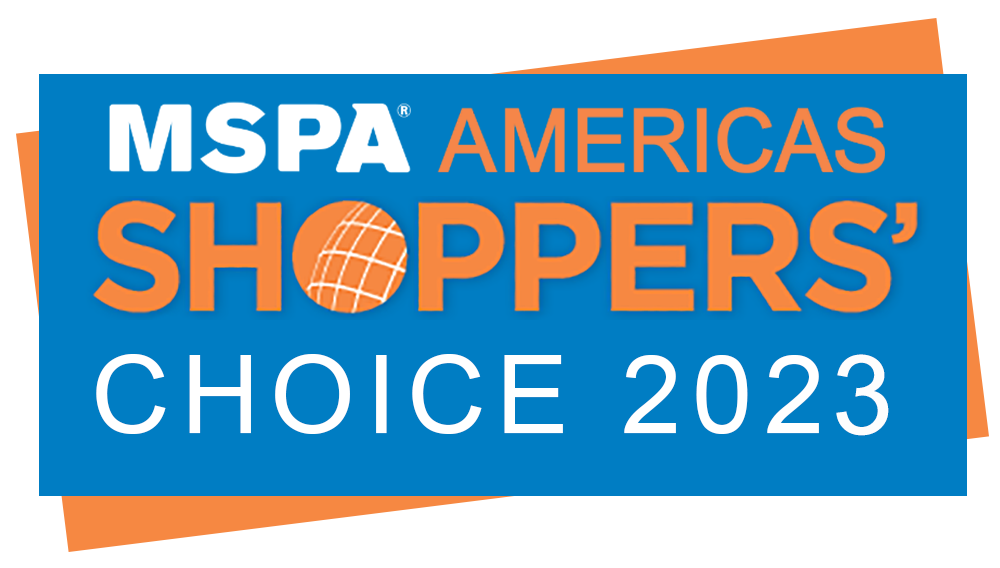From Kiplinger.com
Don't Fall for This LinkedIn Mystery Shopper Job Scam
Avoid getting conned on the networking site. Plus: Learn how to earn extra cash as a legitimate mystery shopper.
By Cameron Huddleston, March 18, 2015
Mystery shopping is a great way to earn extra cash. And a message with an offer to work as a mystery shopper sent via the professional networking site LinkedIn might seem like a legitimate opportunity. But, unfortunately, it’s the latest approach scammers are using to target victims.
Scammers have long used e-mail and traditional mail to promote bogus mystery shopping jobs, says Rich Bradley, president of MSPA North America, the trade association that represents mystery shopping business owners. But now in a new twist scam artists posing as IntelliShop, a legitimate MSPA North America member, are sending bogus mystery shopping offers to LinkedIn members.
“This is a relatively new approach,” Bradley says, but the con is the same. The LinkedIn scam, as well as virtually all mystery shopping scams, takes one of two basic forms. In the first and simplest, potential victims are asked to pay upfront to become mystery shoppers. The scammer keeps the cash but no job materializes. In the second and more complicated, victims are asked to cash a large check, then use part of the money to shop at certain stores, keep a portion of the cash and wire the remainder back to the bogus mystery shopping agency. But in the end, the check bounces and the victim is responsible for covering the amount of the fraudulent check. The scammer, of course, pockets the portion that was wired back and disappears.
Bradley says that MSPA North America’s bylaws prohibit its members from asking mystery shoppers to pay upfront for an assignment. And no legitimate firm would send a check prior to the completion of a mystery shopping evaluation—or even an unsolicited message to recruit mystery shoppers, he says.
MSPA North America urges consumers who have received unsolicited LinkedIn messages about mystery shopping to report them to LinkedIn. Never respond to unsolicited messages asking you to be a mystery shopper or click on any links within the e-mail, which could lead you to a fraudulent Web site or download malware onto your computer.
To find legitimate mystery shopping opportunities, you can search for an assignment with an MSPA North America member. Most industries including retailers, restaurants, physician practices, financial institutions and even government agencies use mystery shoppers to evaluate their customer service. Assignments can range from visiting an establishment and filling out a short questionnaire to in-depth evaluations that can pay several hundred dollars, Bradley says. It’s advantageous to sign up with several firms to increase your chances of getting assignments, he says.
Related Articles
IntelliShop Named a Shopper’s Choice Winner for Mystery Shopping Professionals Association Americas (MSPA)
Hi Shoppers, THANK YOU for voting IntelliShop one of MSPA’s Shopper’s Choice winners – for the SIXTH consecutive year! We are very appreciative of this honor, and we do not take it, or you, lightly, or for granted. Your work is important to helping us be the best customer...
Don’t be a Victim of Common Mystery Shopping Scams
Mystery shopping has long been used for market/customer experience research. Unfortunately, there are as many consumer scams as there are legitimate market research companies. Therefore, consumers who are interested in mystery shopping are advised to thoroughly research any...
Top Tags
Solutions
Recent Articles
Contact Us
Schedule a ConsultationTalk Shop
View All ArticlesClients First, Always
IntelliShop has great client services managers. They work hard and put the client first, always. They worked hard to meet our constant requests for change and improvement and provided a friendly and non-combative response, even when we pressed them hard.


